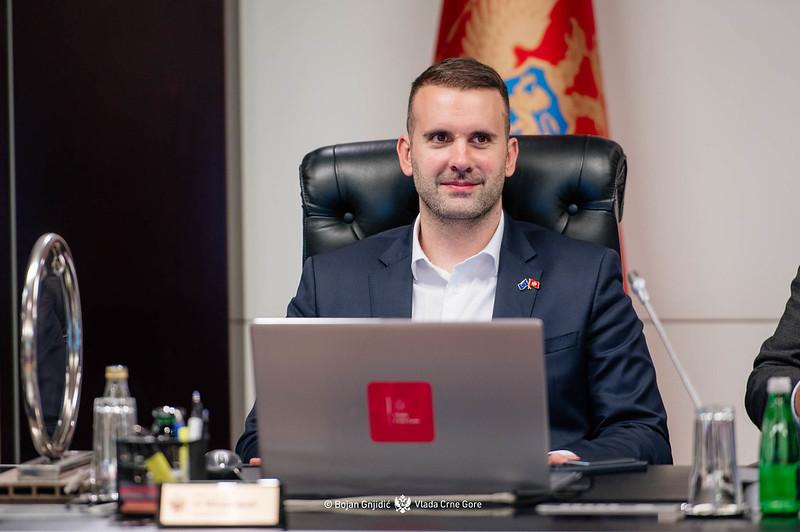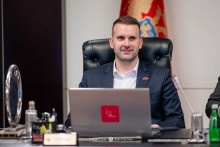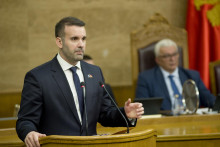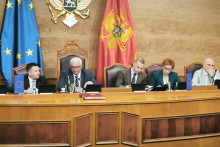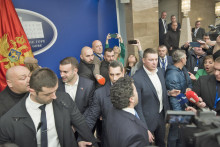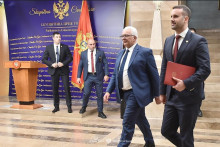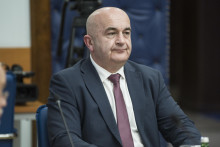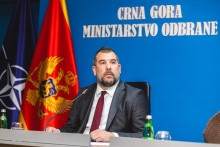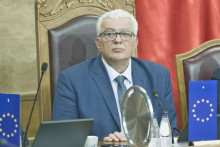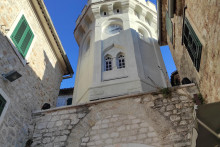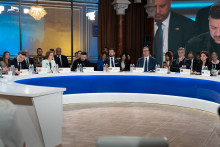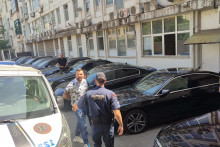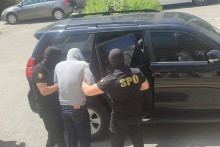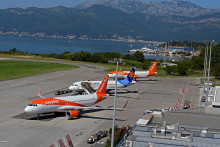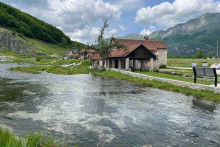Montenegro’s Prime Minister Milojko Spajić commented on the ongoing protests where citizens block roads, emphasizing that he understands their right to express opinions but urged them not to jeopardize tourism and the country’s future. Spajić criticized contractors on infrastructure projects, especially on the Jaz road section, for slow progress. He also stressed that Montenegro should remain a secular state and that he does not take advice from church officials on matters of politics, economy, and history. The Prime Minister also commented on controversial statements by Metropolitan Metodije, who glorified Chetnik war criminals, causing public astonishment. The government is in the process of receiving a report on the concession of airports in Podgorica and Tivat, and Spajić announced that the parliament will soon consider certain decisions. He also stated that deputies should first sanction themselves for failing to adopt decisions before sanctioning others.
Political Perspectives:
Left: Left-leaning outlets emphasize the social and democratic rights of citizens to protest and express dissatisfaction with government policies, while also highlighting the need for government accountability in infrastructure and public services. They may critique the government’s handling of protests and question the influence of religious institutions in politics.
Center: Center-leaning sources report on the statements of Prime Minister Spajić in a balanced manner, presenting both the government’s perspective on maintaining order and economic stability, and the citizens’ right to protest. They highlight the secular nature of the state and the government’s efforts to manage infrastructure projects and political processes.
Right: Right-leaning media focus on the importance of law and order, criticizing protests that disrupt economic activities like tourism. They support the government’s stance on limiting the influence of religious figures in political matters and emphasize national unity and the secular state. They may also highlight the controversial statements by church officials as problematic.






